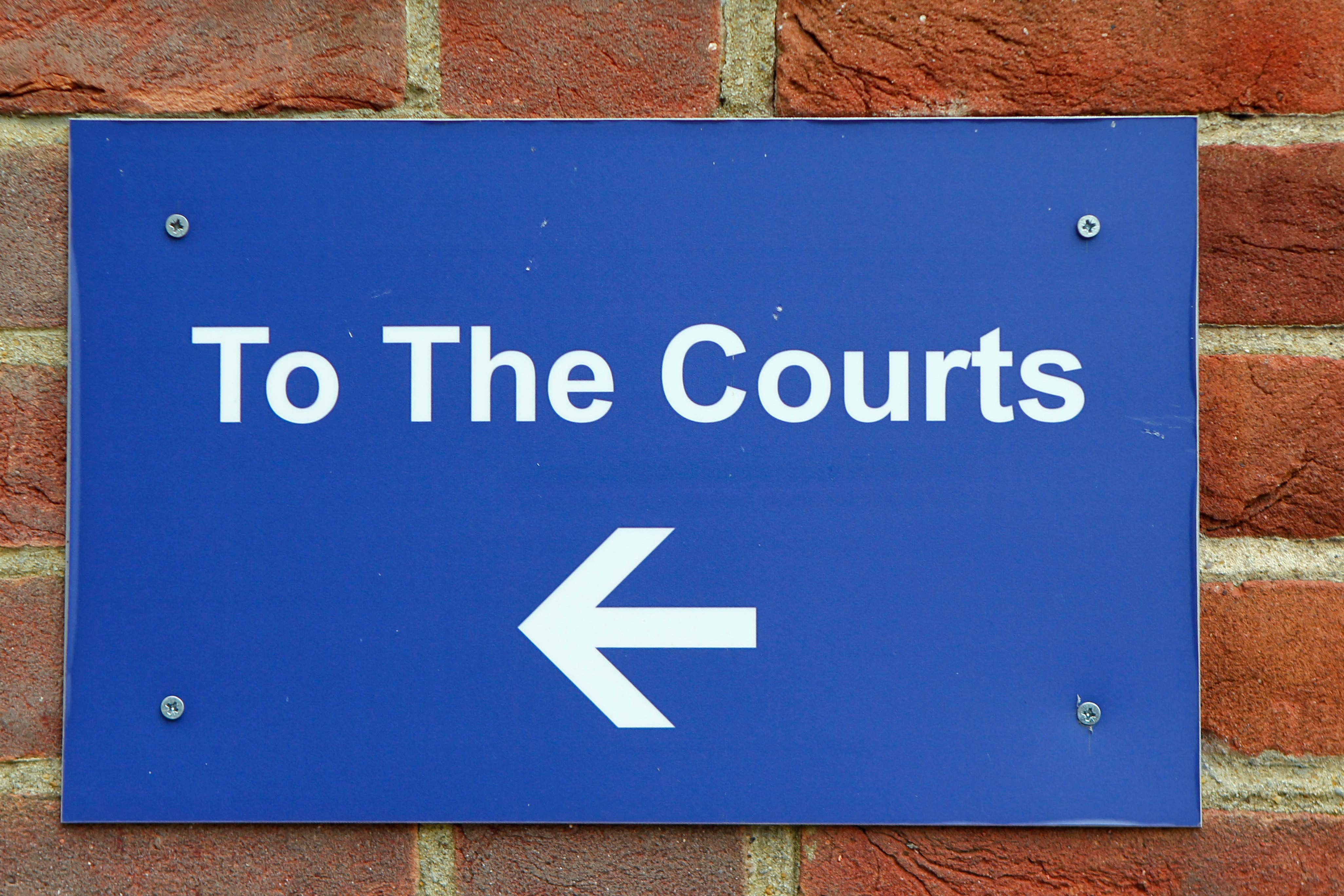Resolve disputes through talking not court, separating couples told under plans
Cases involving allegations or a history of domestic violence would not be included in the mandatory mediation proposals.

Your support helps us to tell the story
From reproductive rights to climate change to Big Tech, The Independent is on the ground when the story is developing. Whether it's investigating the financials of Elon Musk's pro-Trump PAC or producing our latest documentary, 'The A Word', which shines a light on the American women fighting for reproductive rights, we know how important it is to parse out the facts from the messaging.
At such a critical moment in US history, we need reporters on the ground. Your donation allows us to keep sending journalists to speak to both sides of the story.
The Independent is trusted by Americans across the entire political spectrum. And unlike many other quality news outlets, we choose not to lock Americans out of our reporting and analysis with paywalls. We believe quality journalism should be available to everyone, paid for by those who can afford it.
Your support makes all the difference.Separating couples will be made to try mediation rather than going to court to sort out their dispute under new plans aimed at protecting children and reducing backlogs.
Parents will be required to try to agree their child custody and financial arrangements through a qualified mediator as part of the proposals, only taking court action as a last resort.
The Ministry of Justice (MOJ) said the change could help up to 19,000 separating families resolve their issues away from the courtroom and that around 36,000 vulnerable families each year could benefit from faster hearings and quicker resolutions.
The plans would also help to reduce backlogs, easing pressures on the family courts and ensuring the justice system can focus on the families who need most protection, it added.
The plans would only apply to what are considered to be suitable low-level family court cases.
Cases involving allegations or a history of domestic violence would not be included in the mandatory mediation plan.
Our plans will divert thousands of time-consuming family disputes away from the courts - to protect children and ensure the most urgent cases involving domestic abuse survivors are heard by a court as quickly as possible
Under the plans, a new power for judges could be brought in to order parents to make a reasonable attempt to mediate, with possible financial penalties if they act unreasonably and harm a child’s wellbeing by dragging out court proceedings.
The proposals, which would apply to England and Wales, will be subject to a Government consultation for 12 weeks from Thursday, closing on June 15.
Meanwhile, the Government’s family mediation voucher scheme will be extended until April 2025 backed by an additional £15 million in funding, the MOJ said.
Family mediation can play a really positive role in producing better outcomes for separating families, and in reducing the burden on courts
The scheme provides separating couples with vouchers worth up to £500 to help them solve disputes through mediation and has so far supported more than 15,300 families, the department said.
Justice Secretary Dominic Raab said: “When parents drag out their separation through lengthy and combative courtroom battles it impacts on their children’s school work, mental health and quality of life.
“Our plans will divert thousands of time-consuming family disputes away from the courts – to protect children and ensure the most urgent cases involving domestic abuse survivors are heard by a court as quickly as possible.”
John Taylor, chair of the Family Mediation Council, said: “Family mediation can play a really positive role in producing better outcomes for separating families, and in reducing the burden on courts.
“This consultation shows that ministers recognise its value in helping separating couples make parenting and financial arrangements without the stress and delays involved in going to court.”
Chief executive of the Children and Family Court Advisory Support Service (Cafcass), Jacky Tiotto, welcomed the proposals, saying it sees “the harm to which children are exposed in long adversarial court proceedings”.